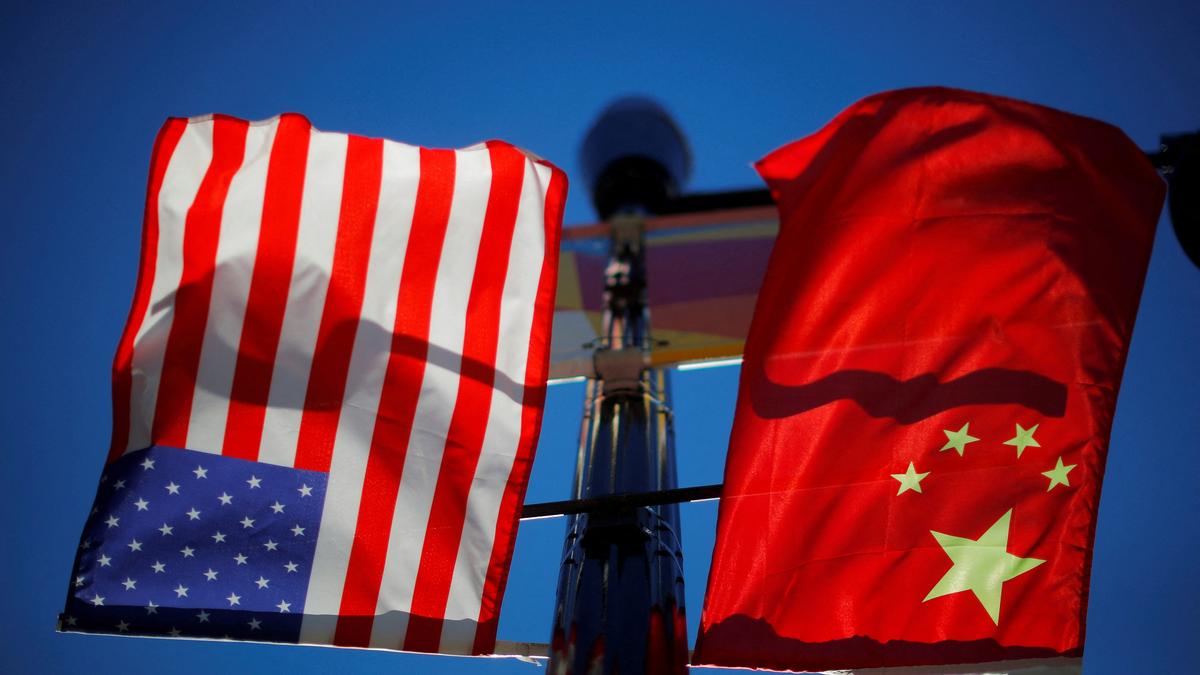China Imposes New Tariffs on U.S. Coal, Oil, and Vehicles
International International NewsPosted by NewAdmin on 2025-02-04 08:38:31 |
Share: Facebook | Twitter | Whatsapp | Linkedin Visits: 27

China Responds with Countermeasures to U.S. Tariffs
In a direct response to President Donald Trump's tariffs on Chinese goods, China imposed tariffs on a range of U.S. imports on Tuesday. These measures include a 15% tariff on coal and liquefied natural gas (LNG), and a 10% tariff on crude oil, agricultural machinery, and large-engine cars. The tariffs are set to take effect next Monday, escalating tensions in the ongoing trade dispute between the two nations.
Expanded Export Controls on Critical Minerals
In addition to tariffs, China has implemented export controls on several critical minerals, including tungsten, tellurium, and bismuth. These elements are crucial to the production of high-tech products and are part of the broader U.S. concerns about China's control over supply chains for materials vital to national security. The new restrictions build on measures China introduced in December targeting gallium and other critical minerals.
Antitrust Investigation Targets Google & U.S. Companies
China's State Administration for Market Regulation announced an antitrust investigation into Google, although it is unlikely to have immediate consequences for the tech giant given its limited presence in China. In addition, two U.S. companies—PVH Group (owner of Calvin Klein) and Illumina (a biotechnology firm)—were added to China’s unreliable entities list, effectively barring them from future business in the country. This action follows a previous investigation into PVH Group’s alleged Xinjiang-related activities.
Global Economic Concerns Grow
Experts warn that these escalating trade measures could have widespread economic consequences. Stephen Dover, Chief Market Strategist at Franklin Templeton, noted the risk of lower global GDP growth, higher U.S. inflation, and upward pressure on U.S. interest rates. As tensions rise, the international community braces for further economic volatility.
Search
Categories
Recent News
- Indian Shooting Triumphs: Rana's Bronze and Team Silver
- Andhra Pradesh MLA's Unique Scooter Inspection Tour
- Air India's Fuel Switch Woes: A Troubling Pattern
- Mamata Banerjee's Supreme Court Showdown: A Battle for Democracy
- AP EAPCET 2026: Unlocking Andhra Pradesh's Engineering Aspirations
- Fatal Leap: Man's Tragic Encounter with Overhead Wires
- CCTV Catches the Uncatchable: Brazen Burglary Attempt in Uttar Pradesh
- Army's Precision Strike: Top Terrorists Neutralized in J&K
Popular News
- Navigating IPO Market Dynamics Amid Volatility and Regulatory Changes
- Massive Worldwide Microsoft Outage Disrupts Multiple Sectors
- Panjapur Bus Stand to Reshape TNSTC Routes
- తెలుగుదేశం పార్టీ - పేదరికాన్ని నిర్మూలించడంలో వాగ్దానం
- Universities Embrace Remote Learning Technologies Amidst Ongoing Pandemic